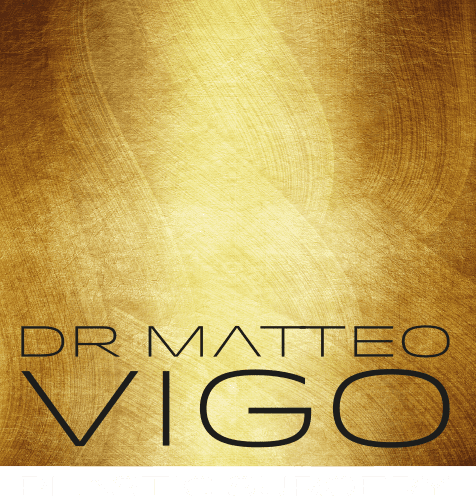Prominent Ears – What surgery is available and what techniques are involved?
Cosmetic Clinic Dubai | 10 August 2019
The ears are one of the first parts of the body to reach adult size. When the ear projects excessively it can be regarded as prominent. Around 2% of the population feel that their ears stick out too far. The problem is often inherited, and is caused by a lack of the usual cartilage folds in the ear.
Most cases of prominent ears become a problem in early childhood, often relating to teasing at school. Most surgeons advise that surgery for prominent ears is not undertaken until the child is old enough to understand what the surgery involves. At this stage the child is more likely to be cooperative and happy with the outcome. In addition one must consider that not all adults with prominent ears wish them to be corrected. Therefore if one operates on children prior to the acquisition of understanding a proportion will have been subjected to unnecessary surgery. For this reason, and because ear cartilage is often soft in the early years, operations for prominent ears are rarely performed on children under the age of five.
Otoplasty is the term used to describe the surgical correction of prominent ears. Most surgeons recommend that this operation in not carried out until a child’s ears are fully grown, which is usually around the age of eight. Some doctors will argue that the child should be left to decide for themselves. There is no right or wrong answer to this issue each child should be treated individually.
The surgery involves a general anaesthetic for children, although adults may be operated on under local anaesthetic only. During the operation, a cut is made behind the ear close to the groove between the ear and the side of the head. This incision exposes the cartilage, the ear maybe set back by scoring the front surface to weaken the cartilage, removing a small piece of the cartilage bowl (concha) or by inserting some stitches at the back of the ear to reshape or to rotate it closer to the head. Once this is done, the skin is closed with a stitch and a protective bandage or head garment is usually applied.
